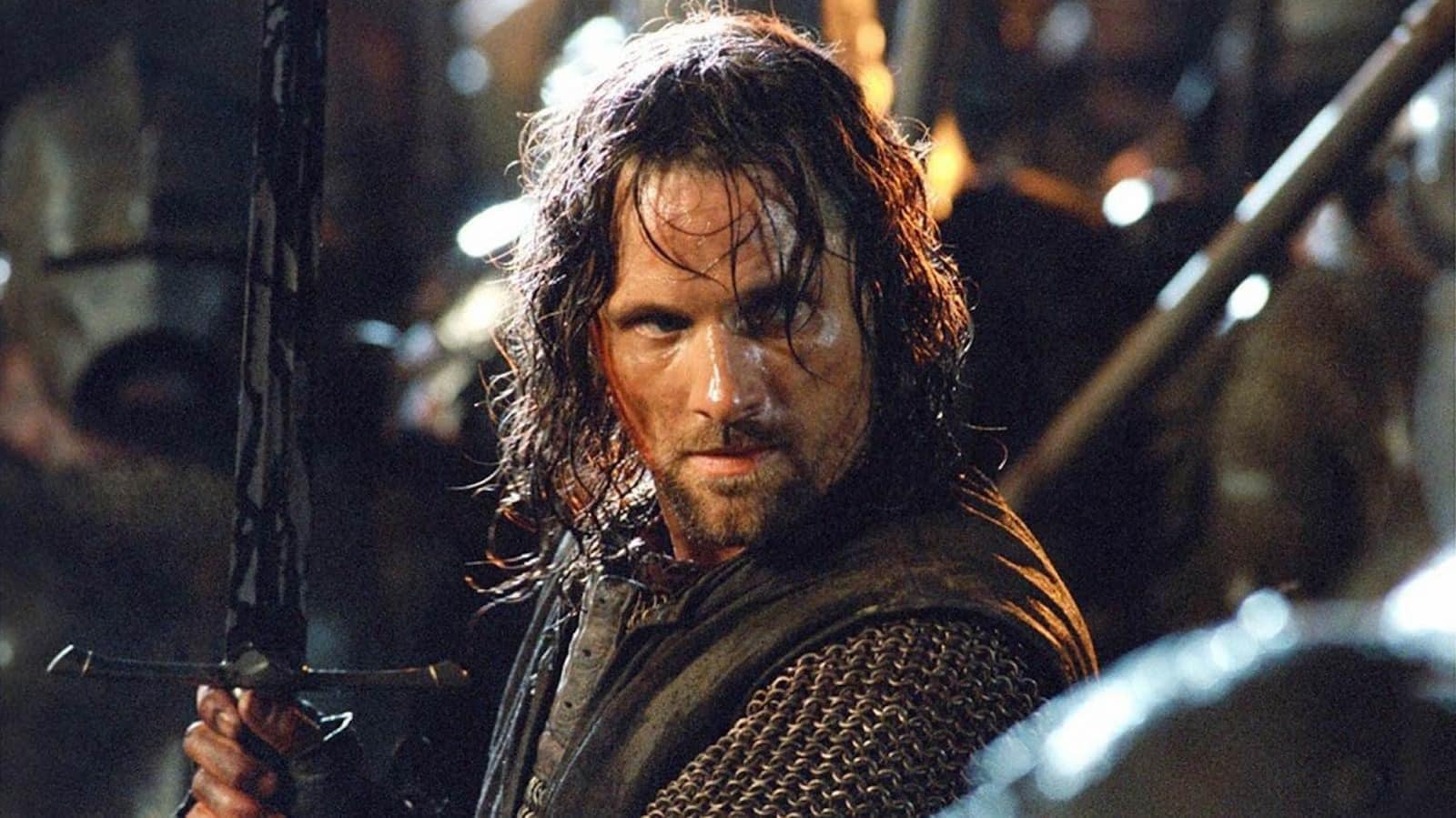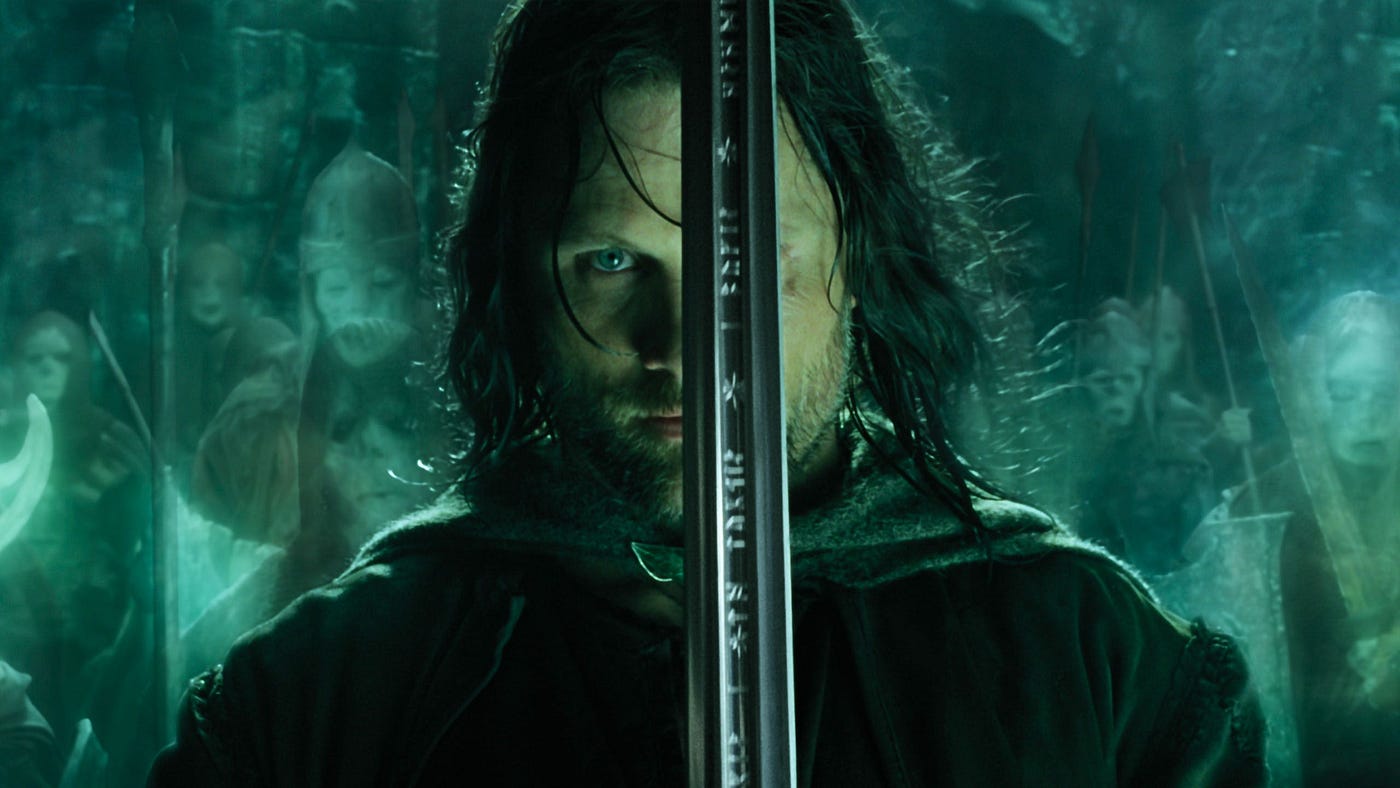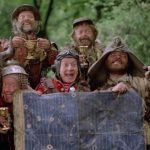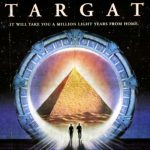The Lord of the Rings: The Return of the King (2003)

Suggested videos for you:
Suggested videos for you:
Suggested videos for you:
Suggested videos for you:
he Lord of the Rings: The Return of the King (2003), directed by Peter Jackson, is the epic conclusion to the acclaimed trilogy based on J.R.R. Tolkien’s novels. This installment follows the final battles against Sauron and the quest to destroy the One Ring, culminating in a spectacular and emotional climax.
Summary
As Frodo (Elijah Wood) and Sam (Sean Astin) journey toward Mount Doom to destroy the Ring, Aragorn (Viggo Mortensen), Legolas (Orlando Bloom), and Gimli (John Rhys-Davies) unite to lead the forces of Middle-earth against the dark lord Sauron. The film weaves together various storylines, showcasing themes of friendship, sacrifice, and the struggle between good and evil.
Pros:
- Stunning Visuals: The cinematography and visual effects are breathtaking, bringing Middle-earth to life with grand landscapes and intricate battle sequences. The attention to detail in the design of locations like Minas Tirith and Mount Doom is remarkable.
- Emotional Depth: The film excels in character development and emotional storytelling. Moments of sacrifice, bravery, and camaraderie resonate deeply, especially Frodo and Sam’s poignant journey and their bond.
- Epic Battle Sequences: The large-scale battles, particularly the Siege of Minas Tirith and the Battle of the Pelennor Fields, are thrilling and expertly choreographed, making for some of the most memorable scenes in cinematic history.
- Award-Winning Score: Howard Shore’s score elevates the film’s emotional impact, enhancing key moments with powerful themes that linger long after viewing.
- Strong Conclusion: The film wraps up multiple storylines effectively, providing closure to character arcs while still leaving room for reflection on the themes of hope and sacrifice.

Cons:
- Length: At over four hours in its extended edition, some viewers may find the runtime daunting. While many appreciate the depth this adds, others may feel it could be more concise.
- Pacing in the Final Act: The numerous endings may feel drawn out to some, as the film takes its time to conclude various character arcs and tie up loose ends.

Conclusion
The Return of the King is a monumental achievement in filmmaking that masterfully concludes the Lord of the Rings saga. Its combination of stunning visuals, emotional depth, and epic storytelling solidifies its place as a classic in both fantasy cinema and film history.
“The Lord of the Rings: The Return of the King” (2003) marks the epic conclusion to J.R.R. Tolkien’s legendary trilogy. As Frodo and Sam make their perilous journey to Mount Doom with the One Ring, Aragorn steps up to lead the forces of Gondor in a final, breathtaking battle against Sauron’s dark legions.
This grand finale explores powerful themes of friendship, sacrifice, and the enduring struggle between good and evil, culminating in a resolution that will determine the fate of all Middle-earth.
Prepare to be swept away by a cinematic masterpiece that redefined fantasy filmmaking and continues to captivate audiences worldwide.
🌟 Experience the thrilling conclusion to the saga that has enchanted generations!
#TheReturnOfTheKing #LOTR #MiddleEarth #EpicFantasy #FinalBattle #JRRRTolkien #MovieMagic











